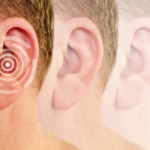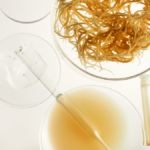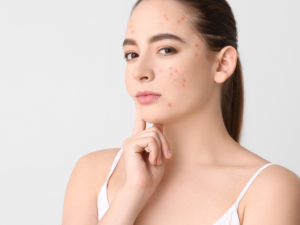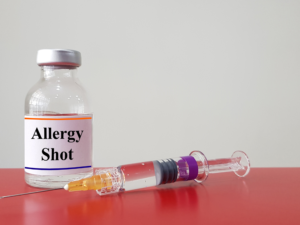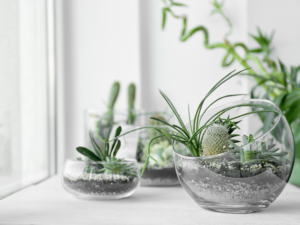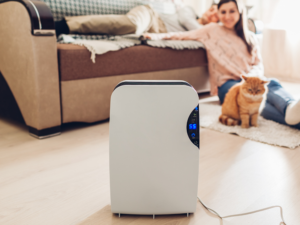Air purifiers vs. humidifiers: wondering which is better for allergies?
If you’re sneezing and sniffling in your own home, you might be wondering whether an air purifier or a humidifier is your ticket to allergy relief.
Spoiler alert: It depends on your specific allergy issues!
But don’t worry, we’ll dig deep and help you figure out which one might be the best roommate for you.
Disclaimer: The information provided in this document is for general informational purposes only. It is not intended to be a substitute for professional medical advice, diagnosis, or treatment. Always seek the advice of your physician or other qualified health provider with any questions you may have regarding a medical condition or treatment and before undertaking a new health care regimen. The effectiveness of air purifiers and humidifiers can vary based on individual circumstances and environmental factors, and the guidance here may not be suitable for everyone’s specific situation or allergy concerns.
Air Purifier vs Humidifier for allergies: which one is better?
Both air purifiers and humidifiers can provide relief for allergy sufferers, but they work in different ways. It’s important to understand the main differences between these two devices in order to make an informed decision.
Air Purifier: A closer look
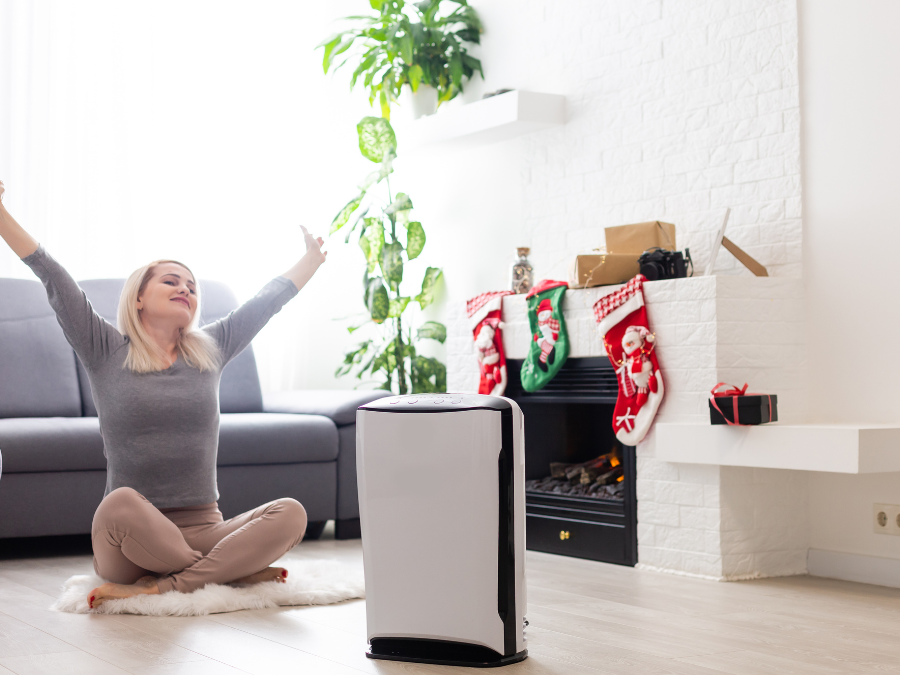
How does an air purifier work?
An air purifier is a device that helps improve indoor air quality by removing harmful particles from the surrounding air and making it clean air.
These airborne particles can include dust, mold spores, pet dander, pet hair, and other airborne irritants.
How can an air purifier alleviate allergies?
Air purifiers are beneficial for allergies as they effectively remove allergens from the air, potentially lowering the chance of respiratory infections.
Air Humidifier: A closer look
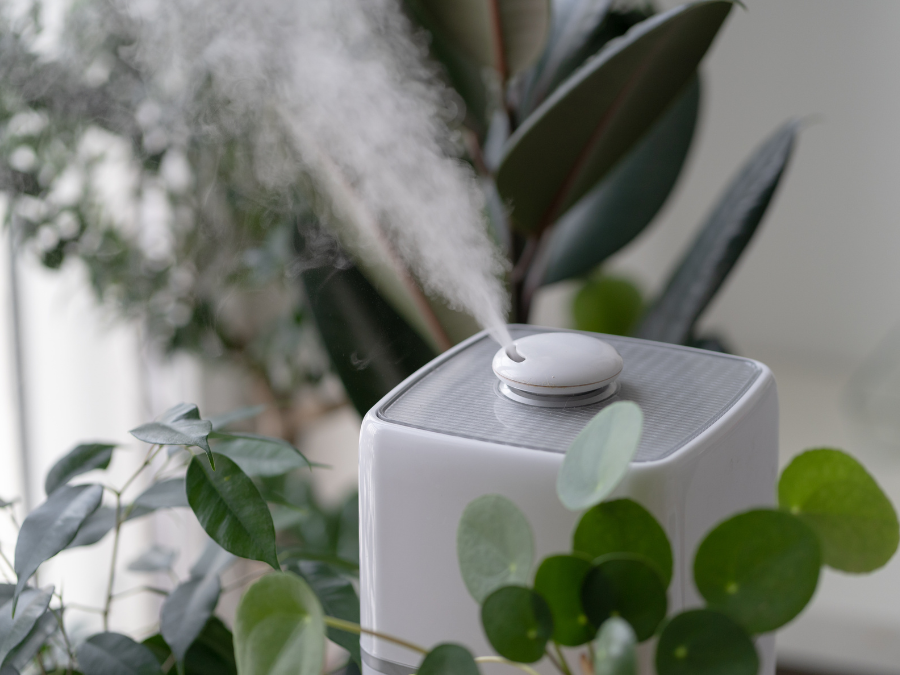
How does a humidifier work?
Humidifiers are important for managing allergies by keeping indoor humidity at an optimal level.
Allergies can get worse when the air is dry, causing problems for the respiratory system and skin.
How can a humidifier alleviate allergies?
Humidifiers release water vapor to keep the nose and throat moist, helping to protect against allergens.
This moisture stops allergens from getting into your system and making your allergies worse.
It also helps with dry skin and reduces irritation from allergenic particles, giving relief to people with allergies.
Optimal Humidity Levels
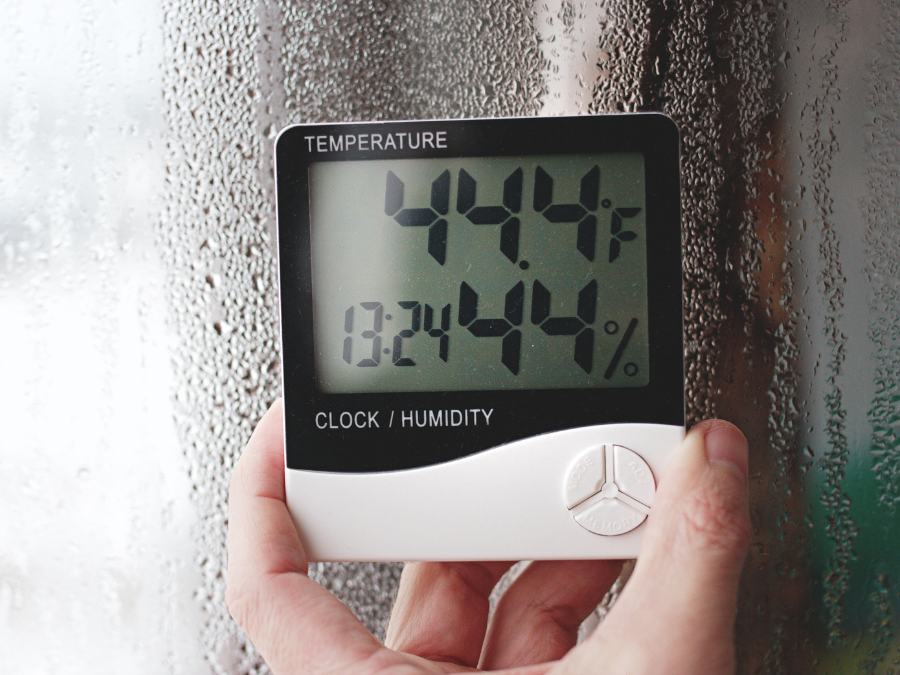
Now, you may be wondering: what is the ideal humidity level for allergy relief?
According to the Asthma and Allergy Foundation of America, the optimal range is between 30-50%.
This range can help prevent mold growth, reduce dust mites, and keep allergens at bay.
However, it’s important to note that too much humidity can also be problematic.
High humidity levels can promote the growth of mold and dust mites, which can worsen allergies.
That’s why it’s important to monitor humidity levels and adjust your device accordingly.
So, which one is better for allergies? Air Purifier vs Humidifier
The truth is, that both air purifiers and humidifiers have their own benefits when it comes to alleviating allergy symptoms.
Air purifiers are great for removing airborne irritants (air cleaner), while humidifiers can help with dryness and congestion.
For maximum relief, it’s recommended to use both devices together.
This way, you can tackle both the air quality and humidity levels in your home. Just make sure to clean and maintain both devices regularly to ensure their effectiveness.

What if I can only choose one option?
If you can only choose one device, it ultimately depends on your specific needs.
Nasal Congestion, Dry skin, Dry Cough, Sore Throat, or Living in Dry Climates
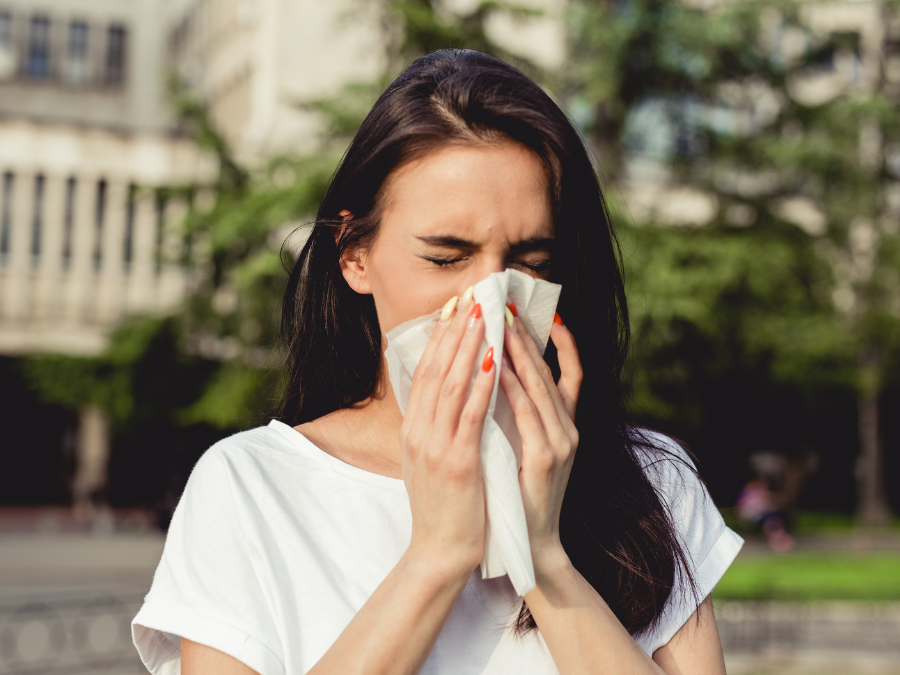
If you live in a dry climate and struggle with nasal congestion, dry cough, sore throat or dry skin, a humidifier may be the better choice for you.
Sensitive to Indoor Environment Allergens (pet dander, pet hair, dust mites, and pollen)
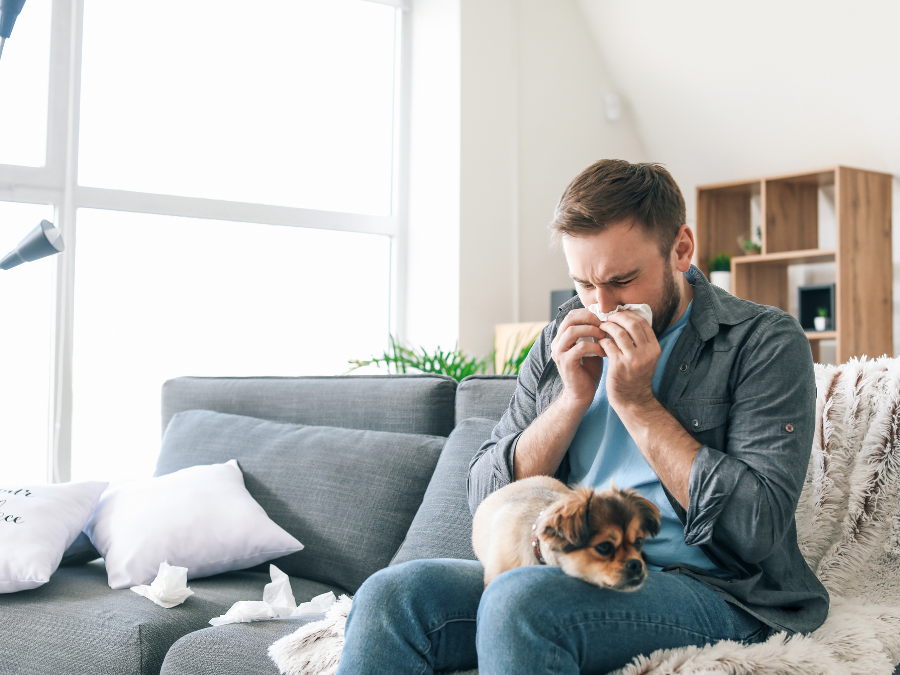
On the other hand, if you are sensitive to airborne allergens such as pollen, pet hair, or pet dander, an air purifier may be more beneficial.
Either way, both devices can provide relief for allergies and improve overall air quality in your home. It’s important to do your research and consider your personal needs before making a decision.
We’ve got a great selection of articles for people living with allergies. Click here to check them out!
How to Choose a Good Air Purifier and Humidifier?
Before you go ahead and pick an air purifier or a humidifier, there are a few things you should take into account. Let’s dive in and figure out what we need to consider!
Air Purifiers: What should you consider when choosing an air purifier?
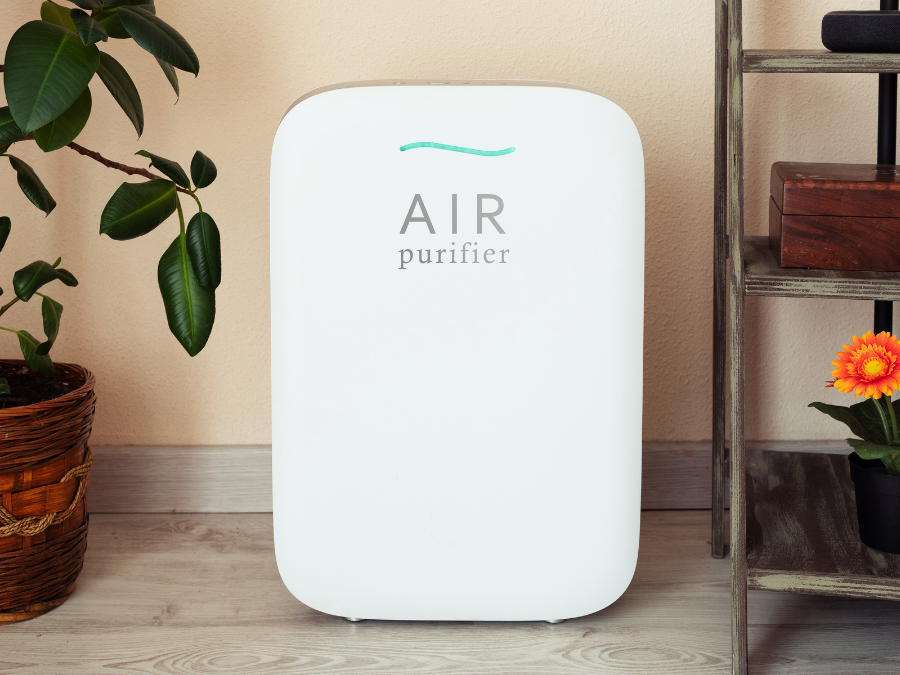
Does it have a HEPA Filter?
HEPA filter is a high-efficiency particulate air filter that is designed to remove 99.97% of particles from the air.
This includes pollutants such as dust, pollen, pet dander, and mold spores. Make sure your product has a good quality HEPA filter for the best quality of the air.
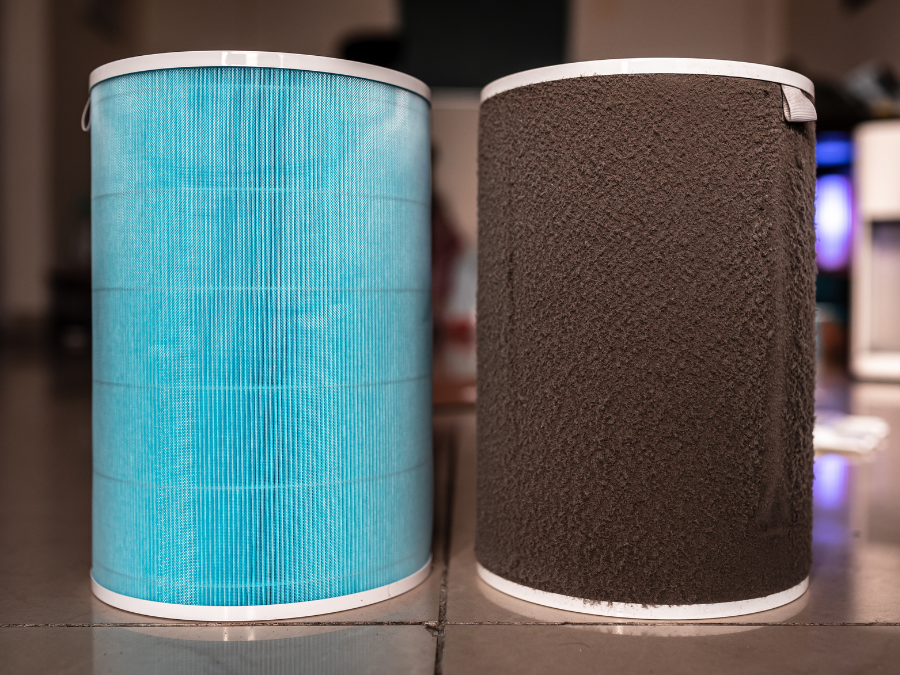
Does it have an Activated Carbon Filter?
Activated carbon filters are effective at removing odors and chemicals from the air.
They work by trapping these substances in tiny pores within the filter. Having an additional layer of filter, in addition to the HEPA filter, can be beneficial.
UV-C Light Technology
Some air purifiers use UV-C light technology to kill bacteria, viruses, and other microorganisms in the air.
This can be especially beneficial for those with respiratory issues or weakened immune systems.
Maintenance & Accessories
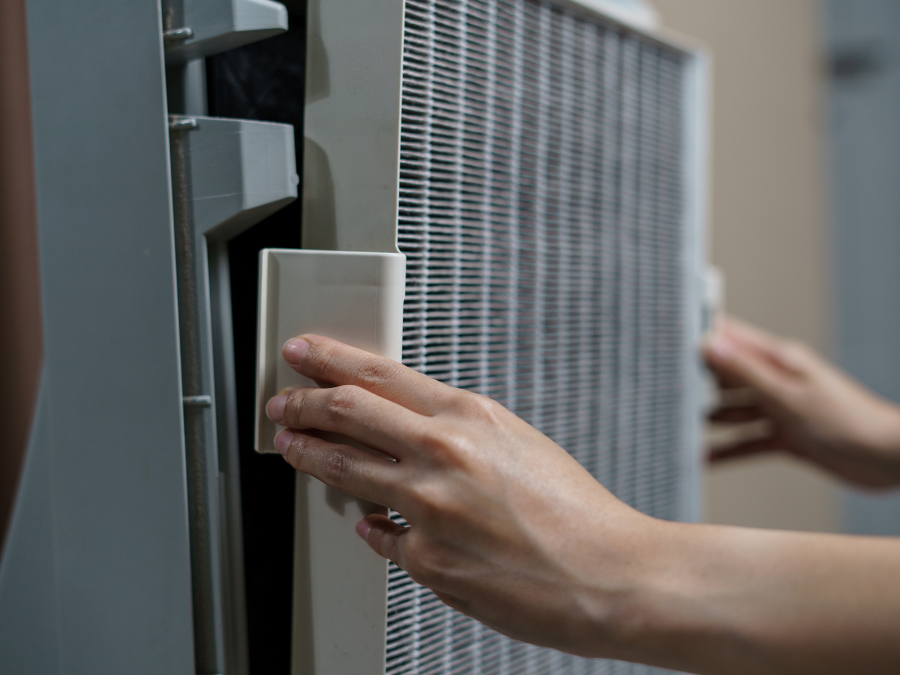
It’s important to select a product that provides easy access to extra filters in the future.
Ensuring the availability of replacement filters for air purifiers on a regular basis is crucial.
To avoid the risk of not being able to find the right filter in the future, it’s best not to depend on an unknown brand or a product without reviews.
Recommend Air Purifiers
Levoit Air Purifiers feature a HEPA filter, a carbon filter, and a washable pre-filter.
Humidifiers: What should you consider when choosing a Humidifier?
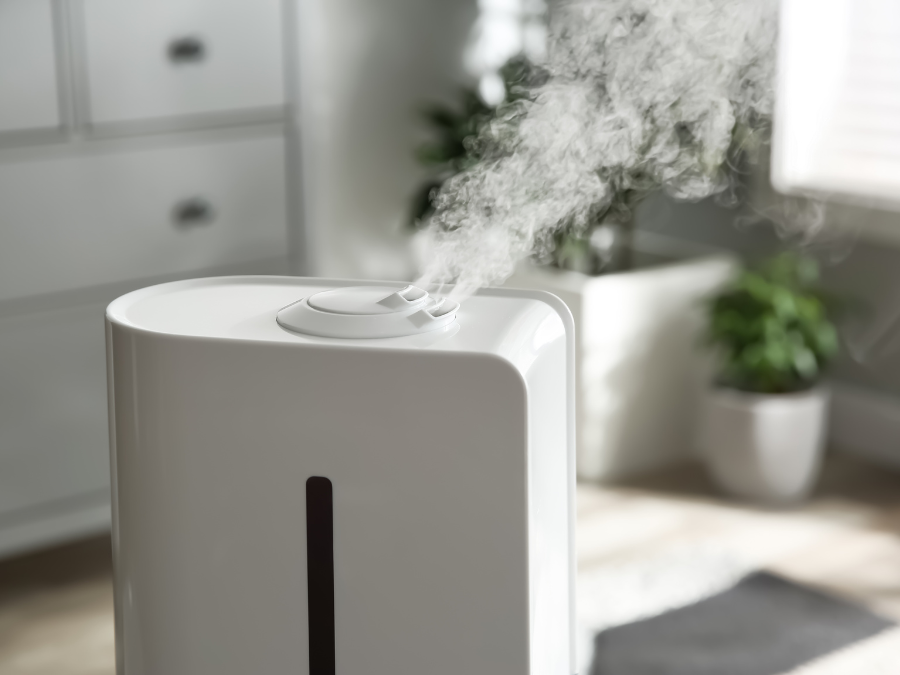
Easy Maintenance
The main difference between air purifiers and humidifiers is that humidifiers always have moisture, so it’s important to take proper care of the machine to prevent mold and other issues.
It is advisable to choose a dishwasher-safe product. This allows for more frequent and effortless cleaning.
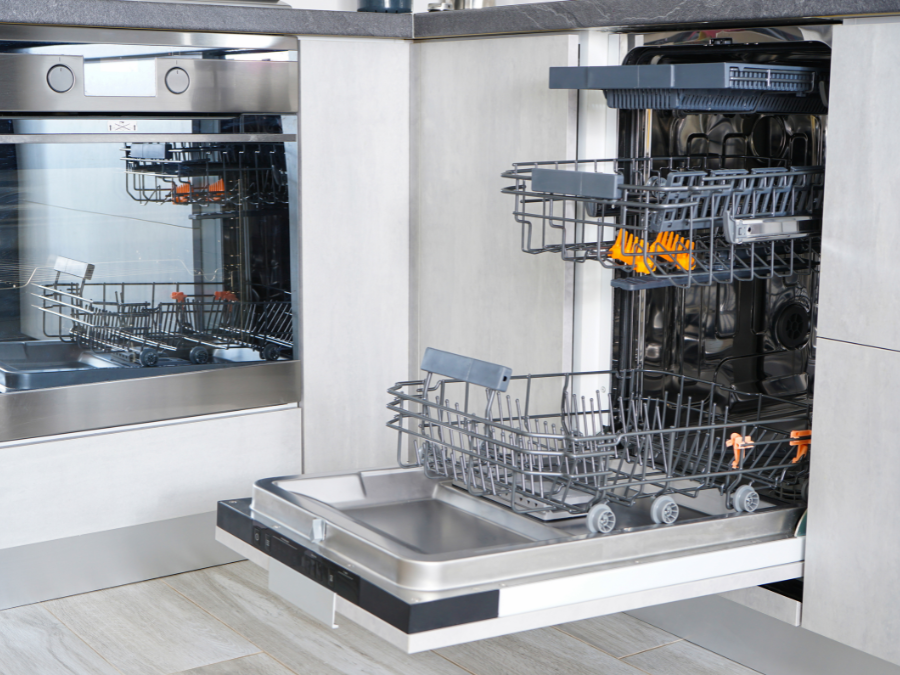
The Problem with Too Much Moisture
Yeah, having the right amount of moisture is great, as it helps to create a comfortable environment.
However, it’s important to be mindful that excessive moisture can invite mold to the party, and we all know that mold is no friend to allergies.
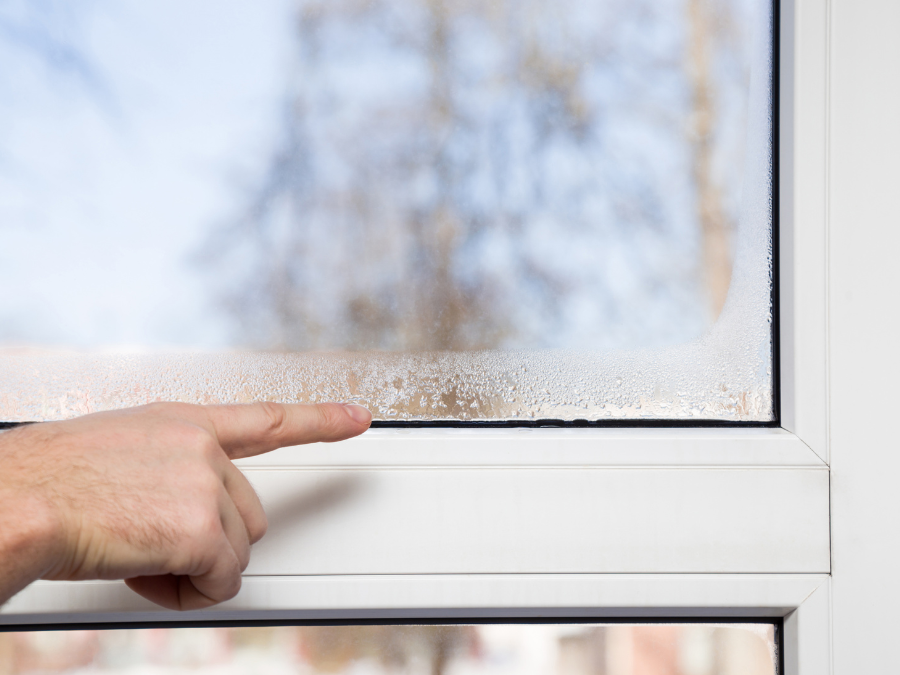
That’s why keeping the optimal humidity level just right becomes crucial to maintaining a healthy and pleasant living space.
By striking the perfect balance, you can ensure a mold-free environment and promote overall well-being.
Recommended Humidifier
- The Boneco Humidifier: dishwasher safe, easy to clean, and includes an essential oil container, a premium product.
- Jack and Rose Humidifier: stainless steel pot, dishwasher safe, easy cleaning, affordable price.
What should you consider when choosing air purifiers and humidifiers?
Coverage Area
Before purchasing a product, it’s essential to determine the size of the room where it will be used.
Unfortunately, a small air purifier cannot filter the entire house’s air.
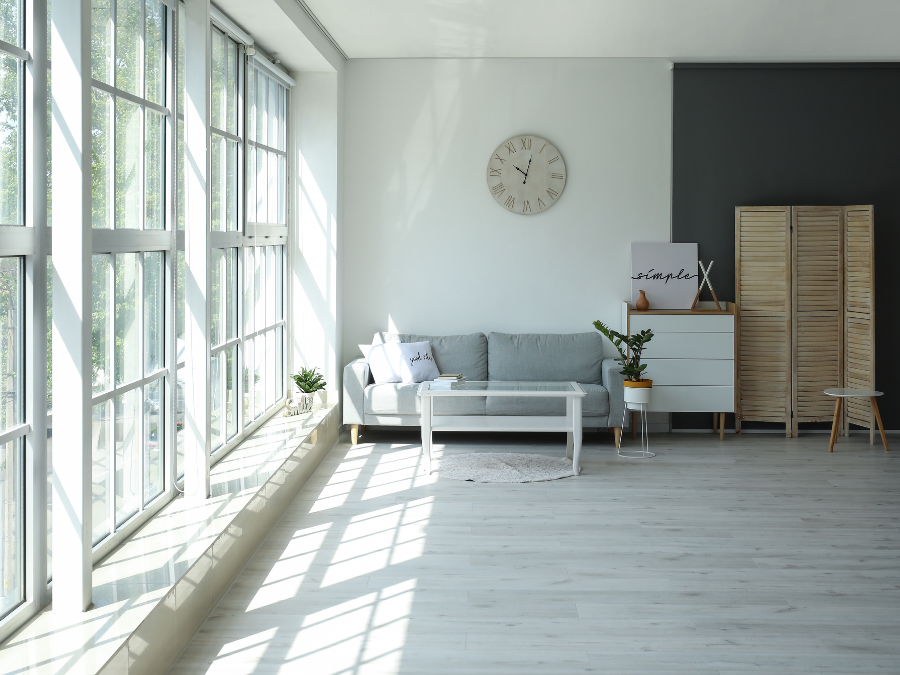
Each product has a recommended coverage area, and using a product in a larger room than what it’s designed for may result in less effective outcomes.
Consider measuring your room and selecting a product with an appropriate coverage area to ensure optimal quality of air.
Noise Level
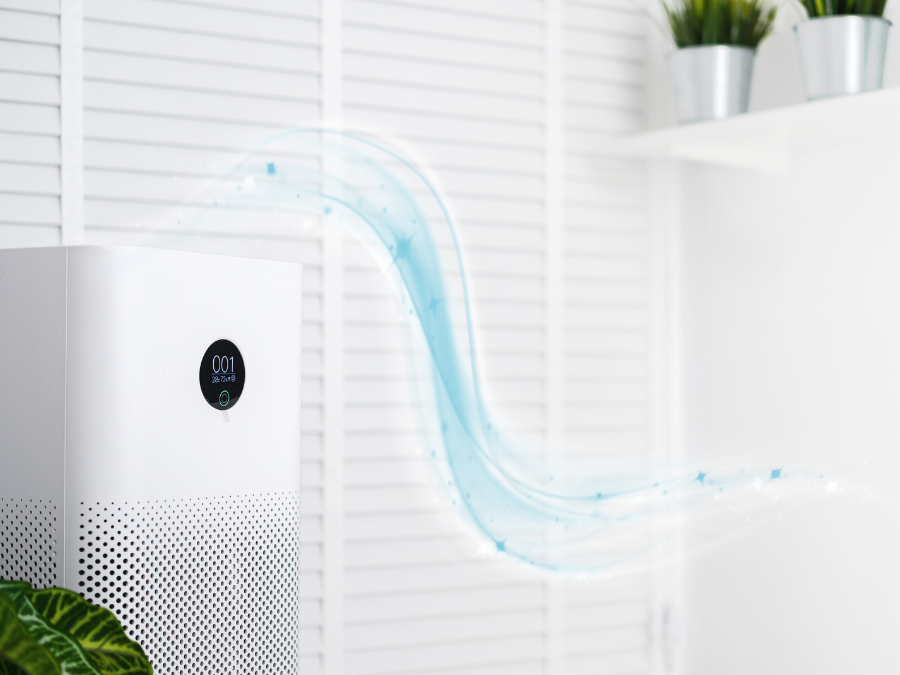
Many people prefer a quiet environment, especially while sleeping. When choosing a product, it’s important to consider its noise level.
Look for products that advertise low noise levels or have adjustable fan speeds to control the amount of noise produced.
Energy Efficiency
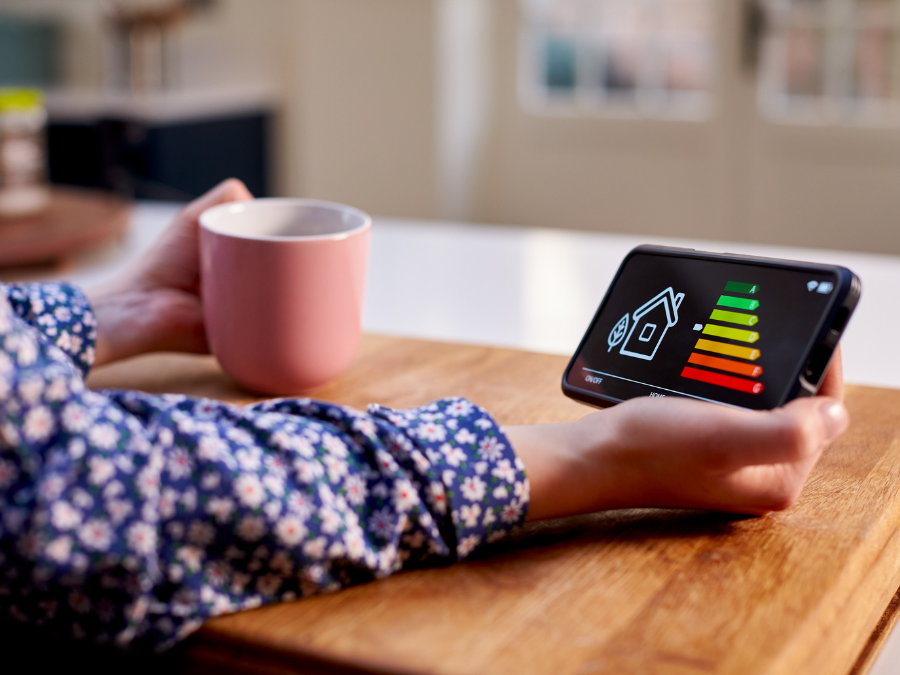
With many households trying to reduce their carbon footprint and save on energy costs, selecting an energy-efficient product is becoming increasingly important.
Look for products with an Energy Star certification or those that advertise low energy consumption. This not only benefits the environment, but it can also save you money in the long run.
Do you enjoy spending time at home with loved ones? Click here for insider tips on finding happiness while staying home!
FAQs: Quick Answers for the Curious Mind

Got questions? We’ve got answers!
Here’s where we’ll dish out the rapid-fire info you need to become an air purifier and humidifier whiz.
- How often should I replace the filters in my air purifier?
- Can humidifiers help with allergies year-round, or only during certain seasons?
- Do air purifiers really remove allergens from the air?
- What’s the ideal humidity level to keep at home for allergy relief?
- Can air purifiers handle strong odors or smoke?
- How do I know if my humidifier is causing too much humidity?
- Is it okay to leave an air purifier on all the time?
- Can I use tap water in my humidifier?
- Are air purifiers safe for pets?
- How much maintenance does an air purifier need?
How often should I replace the filters in my air purifier?
Filters should typically be replaced every 3-6 months, depending on usage and the manufacturer’s recommendations. Check your air purifier’s manual for specific guidance.
Can humidifiers help with allergies year-round, or only during certain seasons?
While humidifiers are especially helpful during dry winter months, they can provide relief from allergy symptoms year-round by maintaining optimal indoor humidity levels.
Do air purifiers really remove allergens from the air?
Yes, air purifiers with HEPA filters are highly effective at capturing a wide range of allergens, including pollen, dust mites, pet dander, and smoke particles.
What’s the ideal humidity level to keep at home for allergy relief?
The ideal indoor humidity level is between 30% to 50%; this range helps alleviate allergy symptoms without promoting mold growth.
Can air purifiers handle strong odors or smoke?
Many air purifiers have activated carbon filters designed to absorb odors and chemicals, making them effective at reducing smells, smoke, and VOCs (Volatile Organic Compounds).
How do I know if my humidifier is causing too much humidity?
Signs of excessive humidity include condensation on windows, musty odors, or visible mold. A hygrometer can accurately measure your room’s humidity level.
Is it okay to leave an air purifier on all the time?
Most air purifiers are designed to be left on continuously and work best when doing so. They consume less energy than a typical light bulb.
Can I use tap water in my humidifier?
It’s generally recommended to use distilled or demineralized water in humidifiers to prevent mineral buildup and reduce the potential for bacterial growth.
Are air purifiers safe for pets?
Air purifiers are safe for pets and can actually improve their health by reducing airborne allergens that can affect them too.
How much maintenance does an air purifier need?
Aside from regular filter changes, air purifiers require minimal maintenance, such as wiping down the exterior and checking the air intake and outlet grilles for dust.
In the end, having a healthy and comfortable living environment is crucial for managing allergies and promoting overall well-being. So don’t be afraid to invest in the right device or combination of devices to help alleviate your allergy symptoms. So, which one will you choose? Let us know in the comments below!
Reference
Asthma and Allergy Foundation of America: Humidity’s Role in Asthma and Allergy Management




